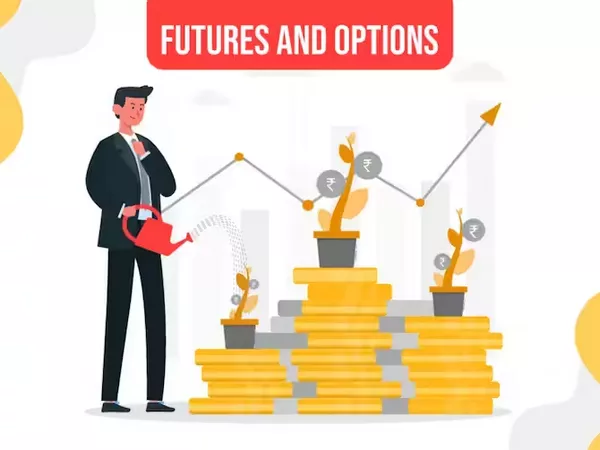Futures are a type of financial instrument that allows investors to speculate on the future price of an asset. Futures contracts are agreements between two parties to buy or sell an underlying asset at a specified price and time in the future. They are used by investors to hedge against potential losses or to profit from market movements.
In this article, we will explore what futures are, how they work, and why investors use them.
A future is a contract between two parties to buy or sell an underlying asset at a specific price and time in the future. The underlying asset can be anything from commodities like gold or oil to financial instruments like stocks or bonds.
Futures contracts are standardized agreements that trade on organized exchanges. These exchanges act as intermediaries between buyers and sellers, ensuring that each party meets its obligations under the contract.
-
How do Futures Work?
The basic mechanics of futures contracts are relatively simple. A buyer agrees to purchase an asset at a specific price and time in the future. The seller agrees to deliver that asset at the specified price and time.
The price of the asset is determined by the market. Buyers and sellers trade futures contracts on exchanges based on their expectations for the future price of the underlying asset.
If the price of the asset increases above the agreed-upon price, the buyer profits. If the price of the asset decreases below the agreed-upon price, the seller profits.
-
Why do Investors use Futures?
Investors use futures contracts for a variety of reasons. Some use them to hedge against potential losses. For example, a farmer might use futures to lock in a price for his crops before he harvests them. This protects the farmer from fluctuations in the market price of his crops.
Other investors use futures contracts to speculate on market movements. For example, an investor might buy a futures contract on gold if they expect the price of gold to rise. If they are correct, they can sell the contract for a profit.
Futures also provide investors with leverage. Because futures contracts require only a fraction of the total value of the underlying asset to be paid upfront, investors can control large amounts of assets with relatively small investments.
-
Types of Futures Contracts
There are many different types of futures contracts, each with its own unique characteristics. Some of the most common types include:
1.Commodity Futures:
These contracts allow investors to speculate on the future price of commodities like gold, oil, and agricultural products.
2.Currency Futures:
These contracts allow investors to speculate on the future exchange rate between two currencies.
3.Interest Rate Futures:
These contracts allow investors to speculate on the future direction of interest rates.
4.Stock Index Futures:
These contracts allow investors to speculate on the performance of stock indices like the S&P 500 or the Dow Jones Industrial Average.
-
Risks of Trading Futures
Like any investment, trading futures carries risks. Some of the most common risks include:
1.Price Risk:
Futures prices can be volatile, and investors can lose money if the price of the underlying asset moves against them.
2.Leverage Risk:
As mentioned earlier, futures contracts provide investors with leverage, which can magnify gains but also amplify losses.
3.Counterparty Risk:
Futures exchanges act as intermediaries between buyers and sellers, but there is still a risk that one party may not fulfill their obligations under the contract.
4.Liquidity Risk:
Some futures markets can be illiquid, meaning that there may not be enough buyers or sellers to execute trades at reasonable prices.
Conclusion
In conclusion, futures are a type of financial instrument that allows investors to speculate on the future price of an asset. They are used by investors to hedge against potential losses or to profit from market movements. Futures contracts are standardized agreements that trade on organized exchanges, with the price of the asset determined by the market. There are many different types of futures contracts, each with its own unique characteristics. Trading futures carries risks, including price risk, leverage risk, counterparty risk, and liquidity risk. Investors should carefully consider these risks before trading futures.


